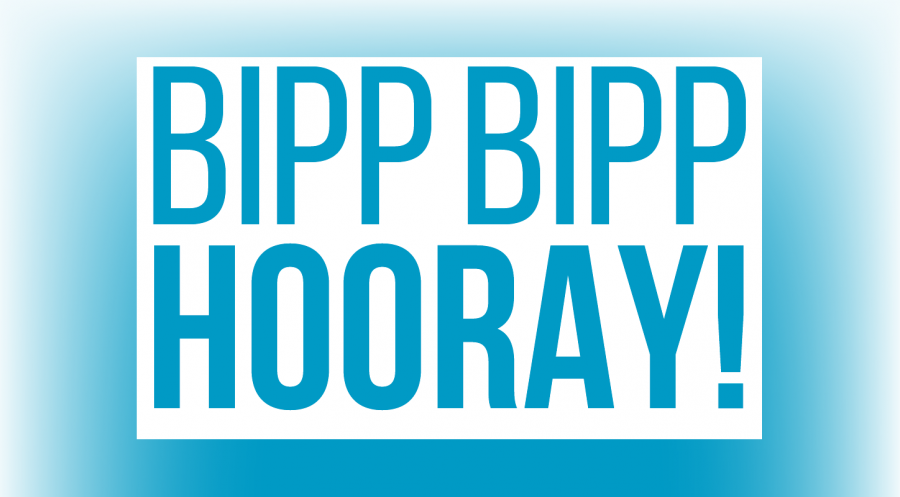BIPP BIPP hooray
February 22, 2018
With only three months left until summer vacation, it’s the time of the year when students are stressing about what they’ll be doing during the break to enhance their resumes. Most students look for jobs and internships where they live; however, there are many lucrative summer programs right here on campus, including the University’s Institute for Public Policy Summer Research Fellowship (BIPP). The BIPP Fellowship allows students to work closely with a University professor to conduct a summer-long research project. The program is considered a great stepping-stone into the professional world.
Applying for a fellowship
In order to become a BIPP Summer Research Fellow and receive the $3000 award, students must take part in the mentor-pairing and application process. According to Carrie Ellis, BIPP program coordinator, the first step was for students to attend the Feb. 22 informational session in the Academic West Event Lounge to explore the available faculty research projects. Students who have missed this date may reach out to Carrie Ellis to request a brochure of projects. From there, students must contact the faculty member they wish to work with and begin crafting an application with them. The application includes a letter of intent which should outline the research method(s) a student plans to learn and the topic they wish to study. “These letters clearly explain how students will be using the time in their fellowship for any anticipated results,” Ellis said. Any given professor a student may plan to work with will also have to send a letter of support with the application. Additionally, students must submit a transcript and a writing sample. Full applications are due March 9.
What to expect from the fellowship
The research fellowship is an 8-12 week program during the summer months. The work that students do on a daily basis varies depending on the project. “A fellow could be learning a statistical software program and learning how to use data to answer questions, or they could be learning how to run a focus group and analyze the group’s responses. These are just a couple of examples.” Amy Wolaver, Director of BIPP, said.
“My daily routine would depend on which stage of the research process I was in. Toward the beginning of the summer, I would meet with my research mentor and work in the library, and toward the end I focused more on preparing to present the research at the symposium” Kathryn Chesebrough ’18 said, who worked with Zhiqun Zhu, professor of political science and international relations.
Regardless of the topic, students can expect to work closely with their mentors. “Fellows will meet often and have a close relationship with their faculty mentor, who will be helping them build the skills needed for the project.” Wolaver said.
At the end of the summer, students are expected to present their research at a research symposium.
Benefits of the fellowship
Students taking part in this fellowship will gain many valuable tools for both academics and the professional world. The research students do enriches their knowledge of a particular aspect of the social sciences. “Typically, the process of doing research involves learning a lot about a theory and the methods of doing research, which could be quantitative, qualitative, or both. The fellow will get a ‘deep dive’ into a particular area of study” Wolaver said.
“From my fellowship experience, I gained a better understanding of the research process and how to present my work in a professional setting. I also gained important time management skills, as I was able to set the pace of my research throughout the summer” Chesebrough said.
The fellowship also helps students prepare to work in a professional setting. “Doing research is essentially problem solving, which is always useful professionally” Wolaver said. The program holds workshops every week for students, and every year they have one about how to present their research experience to employers.
“Every year that we’ve had the program, we have had at least one workshop with the CDC on how to build a resume, how to include their research fellowship experience on the resume, and how to communicate the value of this experience to potential employers,” Wolaver said.
“This research experience was the culmination of my in classroom education so far at Bucknell, and provided me the opportunity to apply everything I have learned so far across a variety of different liberal arts disciplines. This experience shaped my worldview and changed my life trajectory. A passion for prison reform has been sparked inside of me and inspired me to learn more about the school to prison pipeline and join the Teach for America as a corps member next year,” Anna Millar ’18 said.




















